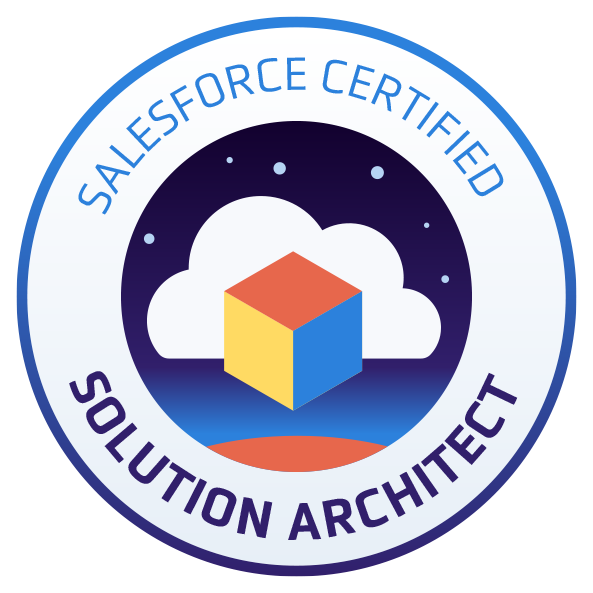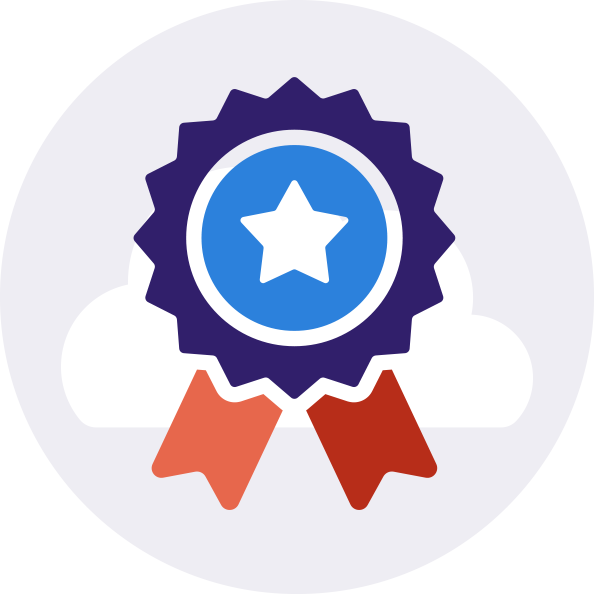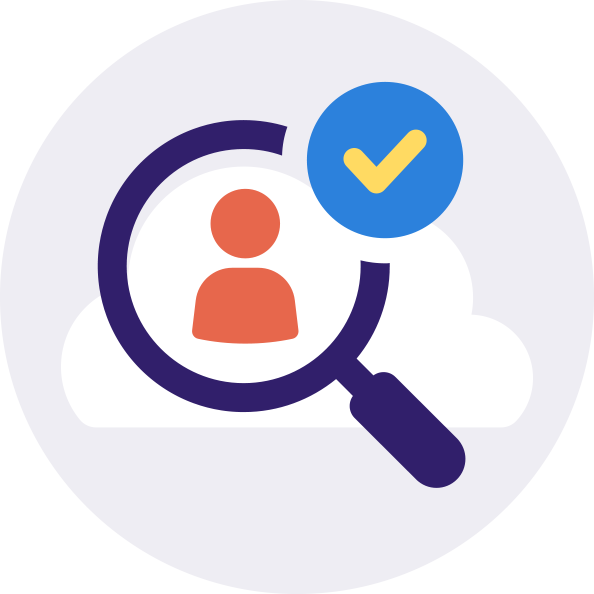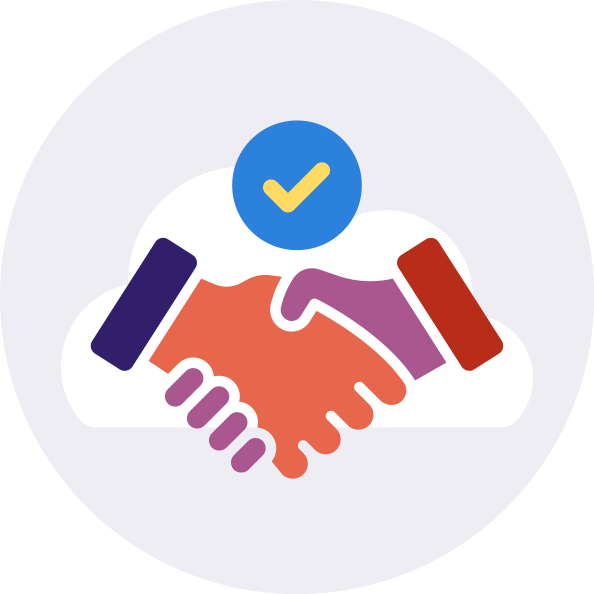
Career Spotlights
Salesforce
Solution Architect
How much do Solution Architects make?
What factors impact your earning potential as a Solution Architect?
| Important | Neutral | Unimportant | |
|---|---|---|---|
| Years of technical experience with Salesforce | 100% | 0% | 0% |
| Exposure to large projects | 93% | 7% | 0% |
| Years of experience in IT | 89% | 7% | 4% |
| Salesforce certifications | 85% | 15% | 0% |
|
Becoming a Salesforce product specialist (e.g. working with Salesforce Industries [Vlocity], CPQ, FSL, Sales and Service Cloud) |
78% | 22% | 0% |
| Specific vertical industry experience | 74% | 22% | 4% |
| College/University degree(s) | 52% | 22% | 26% |
| Working with AI | 50% | 27% | 23% |
Years of technical experience with Salesforce
| Important | Neutral | Unimportant |
|---|---|---|
| 100% | 0% | 0% |
Exposure to large projects
| Important | Neutral | Unimportant |
|---|---|---|
| 93% | 7% | 0% |
Years of experience in IT
| Important | Neutral | Unimportant |
|---|---|---|
| 89% | 15% | 0% |
Salesforce certifications
| Important | Neutral | Unimportant |
|---|---|---|
| 85% | 15% | 0% |
Becoming a Salesforce product specialist (e.g. working with Salesforce Industries [Vlocity], CPQ, FSL, Sales and Service Cloud)
| Satisfied | Neutral | Dissatisfied |
|---|---|---|
| 78% | 22% | 0% |
Specific vertical industry experience
| Important | Neutral | Unimportant |
|---|---|---|
| 74% | 22% | 4% |
College/University degree(s)
| Important | Neutral | Unimportant |
|---|---|---|
| 52% | 22% | 26% |
Working with AI
| Important | Neutral | Unimportant |
|---|---|---|
| 50% | 27% | 23% |
What steps should you take to become a Solution Architect?


Education
We found that 82% of Solution Architects hold at least a Bachelor’s degree. However, only 24% consider that a degree is important for working with Salesforce, while 52% believe a degree to be an important factor when it comes to increasing earning potential.


Certification
Of the Solution Architects we surveyed, 93% are certified, and 84% of these respondents believe that certifications make a candidate a more valuable professional.
There are two pathways to becoming a certified Solution Architect. The route you take will depend on the kind of work you’re primarily involved with—either B2B or B2C.
The Salesforce Certified B2B Solution Architect certification validates your expertise in designing and implementing scalable, secure B2B solutions using the Salesforce platform. There are several prerequisites for this exam: Platform App Builder, Platform Developer I, Data Architect, and Sharing and Visibility Architect.
Once you’ve earned those four prerequisite certifications, you’re ready to take on the B2B Solution Architect exam. This challenging exam assesses your ability to understand and address complex B2B business requirements, design and implement B2B commerce solutions, integrate Salesforce with external systems, ensure data governance and security, and deliver and maintain B2B solutions.
The B2C Solution Architect certification, on the other hand, focuses on your ability to design and implement B2C scalable, high-performing, and well-optimized commerce solutions.
Unlike the B2B Solution Architect certification, there are no specific prerequisite certifications required to take the B2C Solution Architect exam. Still, a strong foundation in Salesforce platform fundamentals, including Sales Cloud, Service Cloud, and Marketing Cloud, is essential.
What Salesforce certifications do Solution Architects hold?
Roles that can lead on to becoming a Solution Architect
Often, Solutions Architects transition into this role from related software or system design positions, such as:
- Software Engineer
- Salesforce Developer
- Business Analyst
- Salesforce Consultant
What skills and experience should a Solution Architect have?
Technical skills for Salesforce Solution Architects
- In-depth platform expertise: Comprehensive understanding of Salesforce core modules, features, and limitations
- Apex and Visualforce: Advanced proficiency in Salesforce's programming language and UI framework
- Lightning Web Components: Expert-level knowledge for building complex UI components
- SOQL and SOSL: Mastery of query languages for efficient data retrieval
- Data architecture: Ability to design scalable and performant data models
- Integration architecture: Expertise in integrating Salesforce with various systems using APIs, middleware, and ETL tools
- Security architecture: In-depth understanding of Salesforce security model and best practices for data protection
- Performance optimization: Ability to identify and resolve performance bottlenecks
- Scalability and high availability: Knowledge of designing solutions for large-scale deployments
- Cloud computing: Understanding of cloud computing concepts and platforms (eg, AWS, Azure)
- Data management: Proficiency in data management tools and techniques
- Deployment and release management: Expertise in deployment strategies and tools
Soft skills for Salesforce Solution Architects
- Strategic thinking: Ability to envision long-term IT solutions aligned with business goals
- Leadership: Ability to guide and mentor technical teams
- Communication: Effective communication with both technical and non-technical stakeholders
- Problem solving: Strong analytical and problem-solving skills for complex challenges
- Business acumen: Understanding of business processes and how technology can drive value
- Change management: Ability to manage organizational change and adoption of new technologies
- Presentation skills: Effective communication of complex technical concepts to diverse audiences
- Negotiation: Ability to balance competing priorities and reach consensus among stakeholders
- Risk management: Identification and mitigation of potential risks in Salesforce implementations
- Continuous learning: Commitment to staying updated with Salesforce advancements and industry trends
What are the opportunities for progression for a Solution Architect?
Salesforce Solution Architect
Senior Salesforce Solution Architect
Lead Salesforce Solution Architect
Program Manager / Business Systems Manager


Are you looking to hire Salesforce professionals?


Are you a job seeker?
MASON FRANK’S
CAREERS AND HIRING GUIDE
KEY FINDINGS 2025



